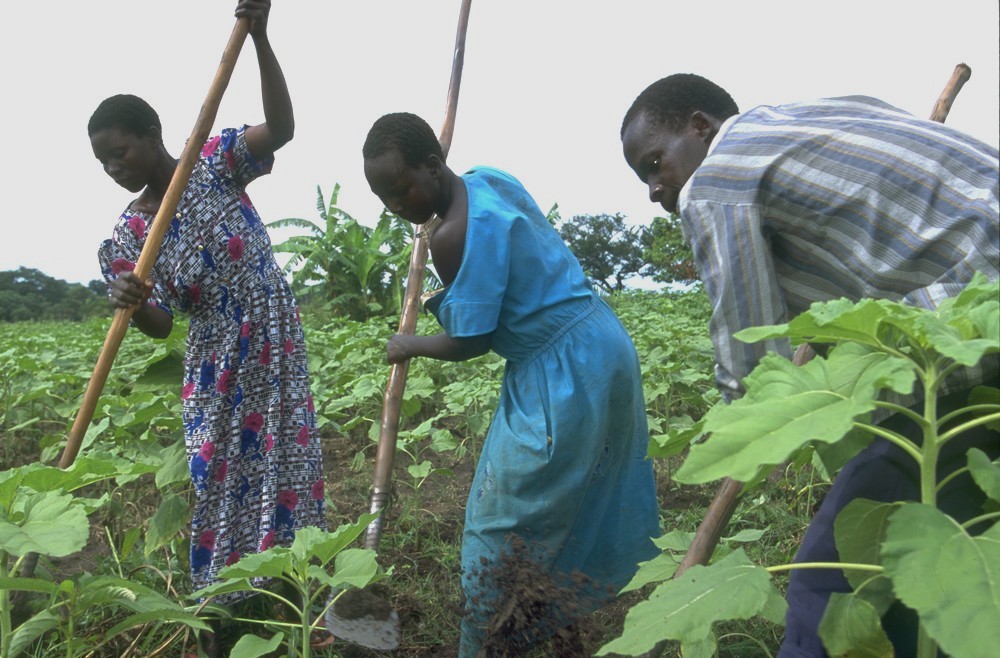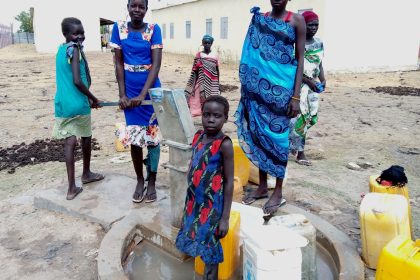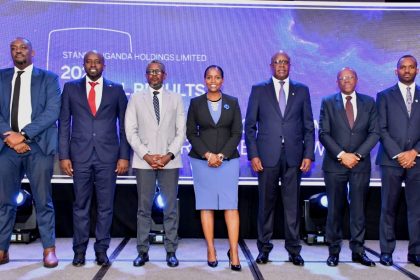World Bank pegs conditions to $300 million package to Uganda
 Farmers will be supported to access high quality agricultural inputs, seeds and fertilizers using e-vouchers to boost nutrition and food security.
Farmers will be supported to access high quality agricultural inputs, seeds and fertilizers using e-vouchers to boost nutrition and food security.
The government has committed itself to certain conditions as spelt out by the World Bank to gain approval of $300 million for budget support in containing and mitigating the impact of the coronavirus pandemic.
The policy measures are basically intended to directly benefit many low-income households. Farmers will be supported to access high quality agricultural inputs, seeds and fertilizers using e-vouchers to boost nutrition and food security. Social protection programs through cash for work labour intensive programs will be expanded to benefit 500,000 individuals while the current senior citizen grant will cover an additional 71 districts to support the elderly. A national single registry for beneficiaries of safety net programs has been established and additional measures taken to protect children against violence.
Tony Thompson, World Bank Country Manager for Uganda said early this week, “The Covid-19 pandemic has had a significant impact on the economy and livelihoods. This budget support operation will enable the government to provide vital services, social safety nets and a more robust shock-responsive system for the long term, and the economy to recover faster.”
According to a release, the Uganda Covid-19 Economic Crisis and recovery Development Policy Financing is the first budget support operation in more than 6 years and will address the fiscal financing gap while supporting reforms that will provide immediate relief to individuals and businesses that have been most affected by the pandemic.
An estimated 3.15 million could fall deeper into poverty, adding to the 8.7 million people Ugandans currently living below the poverty line. This has been worsened by the onset of heavy rains and flooding, and a locust invasion whose impact was expected during April-June of 2020. Overall economic growth is projected at 3 to 4 percent in financial year (FY)2019/20, lower than the 6.3 percent that had been anticipated for the year.
Uninterrupted access to essential utilities like electricity, water and sanitation services has been guaranteed through subsides, and tax exemption extended to supplies and equipment used in treatment of Covid-19.
To stimulate recovery of private sector, businesses in distress will receive tax relief alongside the liquidity measures from the Central Bank to commercial banks, microfinance institutions and credit institutions, that allows them to provide a moratorium on loan repayment for businesses and individual borrowers that have been affected by the pandemic for up to 12 months. In addition, Government has committed to stronger transparency and management of state-owned enterprises debt and payment of domestic arrears to suppliers.

 African Heads of state head to South Korea next week for Summit talks
African Heads of state head to South Korea next week for Summit talks
 Trading leads as main source of income for Ugandans
Trading leads as main source of income for Ugandans
 New leadership for bankers’ umbrella as total assets top $12 billion
New leadership for bankers’ umbrella as total assets top $12 billion
 Uganda-Tanzania announce date for second joint business forum
Uganda-Tanzania announce date for second joint business forum
 Unpacking results-based financing: balancing strengths with weaknesses
Unpacking results-based financing: balancing strengths with weaknesses
 Big fish in small pond Stanbic notches up $100m profit for 2023 topping previous figure by 15%
Big fish in small pond Stanbic notches up $100m profit for 2023 topping previous figure by 15%
